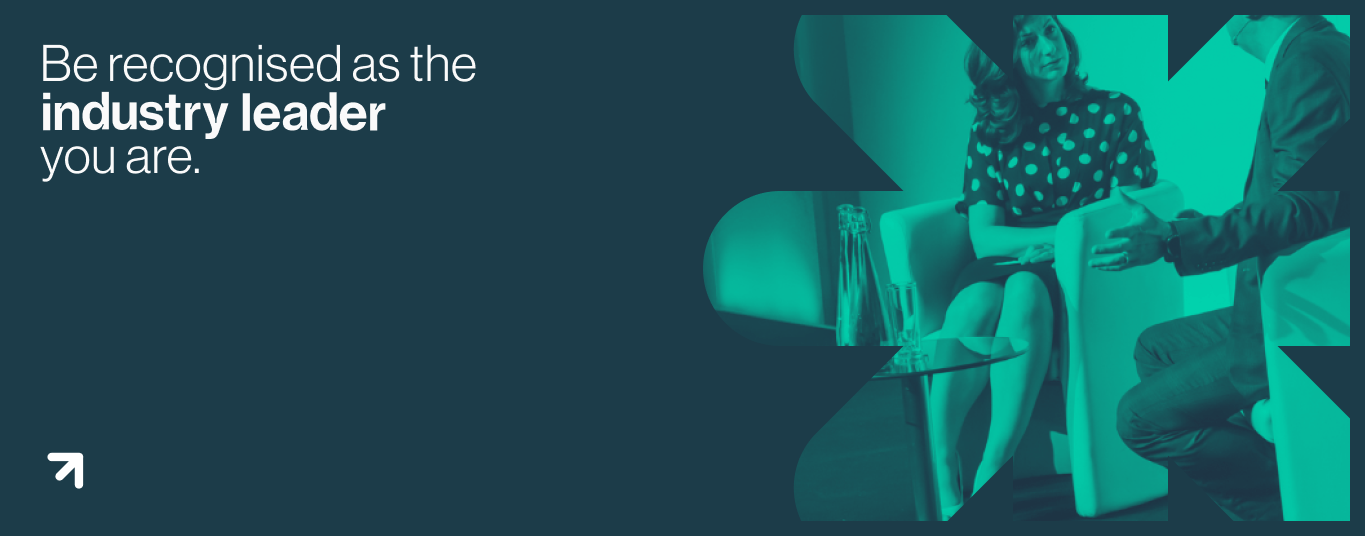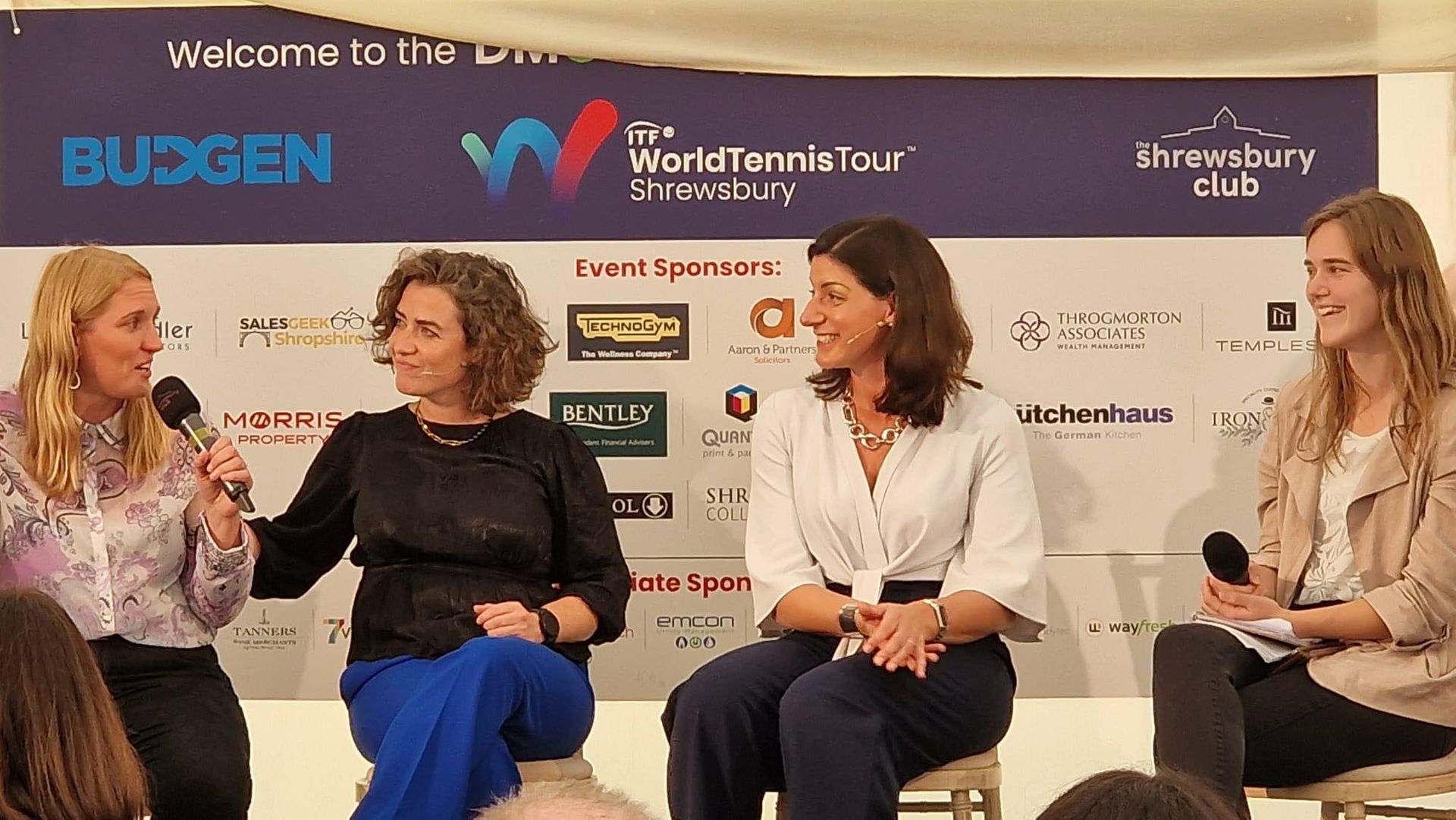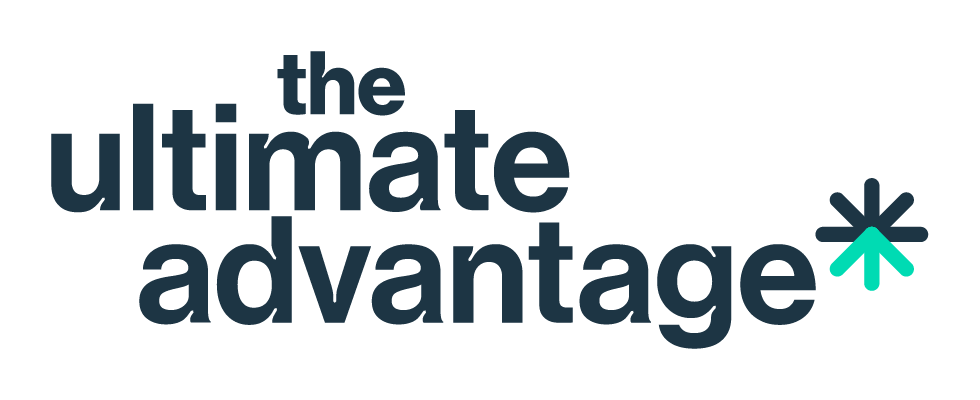
Back in October, Fliss took to the stage to again spread inspiration and a sense of empowerment - this time sharing the stage with two other truly incredible women. The Game Changers Networking Lunch was hosted at The Shrewsbury Club as part of the ITF Women’s World Tennis Tournament.

Fliss was invited to take part in a Q&A Panel - hosted by Tennis Commentator Abigail Johnson - where she discussed breaking down barriers in sports and business alongside Former England Footballer and Professional Boxer, Stacey Copeland, and Anti-Corruption and Human Rights Advocate and CEO of Lewes Football Club, Maggie Murphy.
Former Pro Athlete Stacey talked about how her struggles weren't taken seriously and instead she was frequently laughed off the pitch. And how ill-fitting baggy football kits made entirely for men was her ‘normal’ attire - having to borrow her Dad’s belt to hold up her shorts during her first Premier League game playing for Tranmere Rovers - and even how she was asked to provide urine drug testing samples on open carparks with zero thought given as to the practicalities of this task for a woman.
Matters didn’t improve when she turned her hand to boxing and she faced the same gender discrimination she’d grown used to challenging. And when she became the first British woman to ever win the Commonwealth Title she wasn’t even given a belt to take home - because there was no belt designed for women at that time (something she’s proud to have successfully challenged for the female champions of today).
Next up was Maggie who told a similar story of the barriers faced by women in football, and made reference to the FIFA Corruption Scandal and the shocking quote by the then FIFA President Sepp Blatter, that in order to increase popularity of the women’s game, women “needed to wear tighter tops and shorter shorts”. Maggie hit back against this gender inequality by arranging a 90-minute women’s football match atop Mount Kilimanjaro - admitting that it was a terrible game with a 0-0 score - but adding that it still to this day holds the Guinness World Record.
She told of how all too often sponsors only come on board in women’s football once a big win has been achieved, rather than already being along for the ride. In 2017, Lewes Football Club was the first club in the world to take the decision to pay its male and female players equally - which is when Maggie took the decision to become an owner at the club - but she stressed there is still so much more to do. The key message she lives by is “If not you, then who?” and she now works tirelessly as CEO of the club to break down barriers against women in football.
And then Fliss tied it all together by sharing the parallels with the Boardroom. She cited her Mum as being an early inspiration for breaking down gender inequality barriers - she was one of the first female IFAs. She talked of her time at Westminster, leading external comms for a FTSE100, and almost always being the only woman on any Board she sat on. But she also gave a glimmer of hope that times were well and truly changing.
Fliss shared how working together with her closest allies she is refusing to accept and is breaking down these barriers in business, removing the shackles for their incredibly talented team who want to have a career
and a family by abolishing the working week, and creating a new - and fairer - norm.
Upon reflection after the event, Fliss said: “Hearing Stacey Copeland and Maggie Murphy speak about their lived experience made it painfully clear that the football pitch, the boxing ring, and the Boardroom have very much more in common than any of us might have thought.
“None of us accepted the limitations some tried to place on us though, and we all found our own way through, but I know that's not the case for many. At Zen Communications Ltd, Rhiannon Williams is doing incredible work breaking down the barriers for working parents and team members who just quite fancy having a life alongside work! I couldn’t be prouder. And at The Ultimate Advantage, Alan Adams is working alongside me to help corporations, organisations, and brands to unpick the narratives that are no longer supporting them or their teams. It's important work and we're seeing the most incredible results.
“I came away from the Game Changers Networking Lunch inspired. Inspired by all that's been achieved, and inspired by all that we still have to do.”
A key takeaway message from the day was ‘If not me, then who? If not now, then when?’ We all need to step up and ensure women are treated equally - both on the pitch and in the Boardroom.
If you loved this then give it a share!


Download our guide to learn the five secrets to compelling communications.



